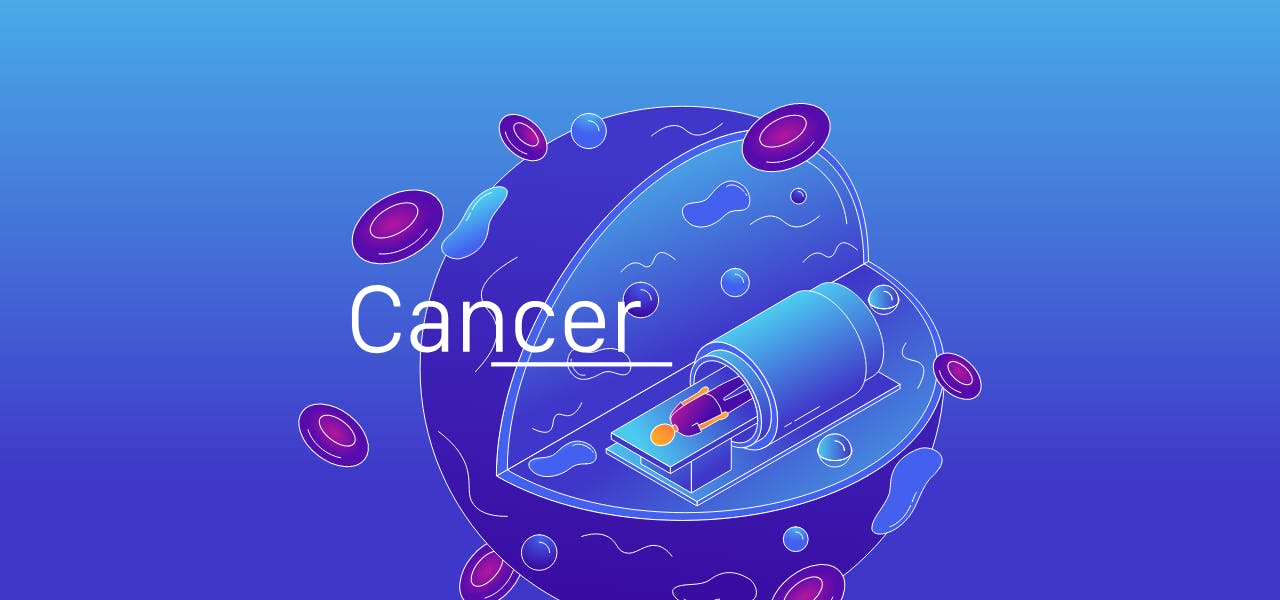Very rarely will you ever come across someone who hasn’t been impacted by cancer in some way in their lives. Whether it was themselves or a loved one, cancer is a household name around the world. By following the statistics of cancer and the related effects, researchers are able to understand the disease better, come up with more effective treatments, and sometimes prevent its spread completely.
The most common method of treating cancer right now is chemotherapy. In fact, the diagnosis of cancer is almost hand-in-hand with the discussion of a person’s feelings about receiving chemo treatment and the pros and cons of it. But what researchers are now understanding more prevalently is the way cancer cells respond when they are being attacked by the chemo. We now know that some of these cells go into a “hibernation” state until the chemo is over, thus allowing them to come back out down the road and begin their attack again. But although they negate the effects of chemotherapy treatment at that time, the person is given a chance at a normal life again, and doctors have more time to help them avoid getting cancer again in the future.
How Does Chemotherapy Work?
After a diagnosis of cancer, there are tests that are done to determine things like how far the current infection has spread and how fast it’s metastasizing. If it appears treatable, other methods besides chemo could be suggested. In some cases, surgery is able to remove all the cancer cells quickly and effectively, thus eliminating the cancer and reducing the chances of it ever coming back.
In other situations, though, chemotherapy is the recommended procedure of treatment. In short, it’s the use of a certain combination of drugs, sometimes combined with radiation, in order to destroy the cancer cells. The medication stops the bad cells from replicating. However, it does impact normal cells, too. The difference is that cancer cells grow and divide, and thus replicate, faster than normal cells, so the medication has the chance to hit those malignant cells before a normal cell is affected.
Cancer Cells and Hibernation
Recent findings by Dr. Catherine O'Brien, along with her team from the Princess Margaret Cancer Centre in Canada, woke researchers up to an important piece of knowledge about cancer cells. According to Dr. O’Brien, cancer tumors can behave as though they are an organism, choosing to move into a different state where they mimic normal cells and divide slower. By doing this, they conserve energy, basically hibernating and waiting out the threat. This behavior is common in cold-blooded animals and mammals who live in freezing climates, but it was a surprising finding to see cancer cells able to use survival skills that have allowed living organisms to evolve over millennia.
What Do These Results Show?
Although the findings were surprising and scary in some ways, because they show that even an effective chemotherapy treatment might not be permanent, they’re also a win for cancer research. Now that scientists understand better why some people have relapses and others don’t, treatments are able to be devised in which those hibernating cells can be destroyed while they are unable to defend themselves in that slow-statis state.
Currently, the predominance of residual cells after major surgeries or chemo treatments has led some physicians and patients to decide the treatment wasn’t worth the side effects or potential for a relapse. With a better understanding of the hijacking that cancer cells are able to do, hibernating until the treatment is over and then coming out again down the road, those same physicians can make a better informed decision, monitor the patients for signs of cells that are dormantly waiting for a time to safely wake up, and catch the cancer before it is able to spread again.
The team’s findings of this hibernation state was a significant propulsion forward in the treatment and prevention of cancer, and an exciting find overall to help us to understand what cells are capable of.
